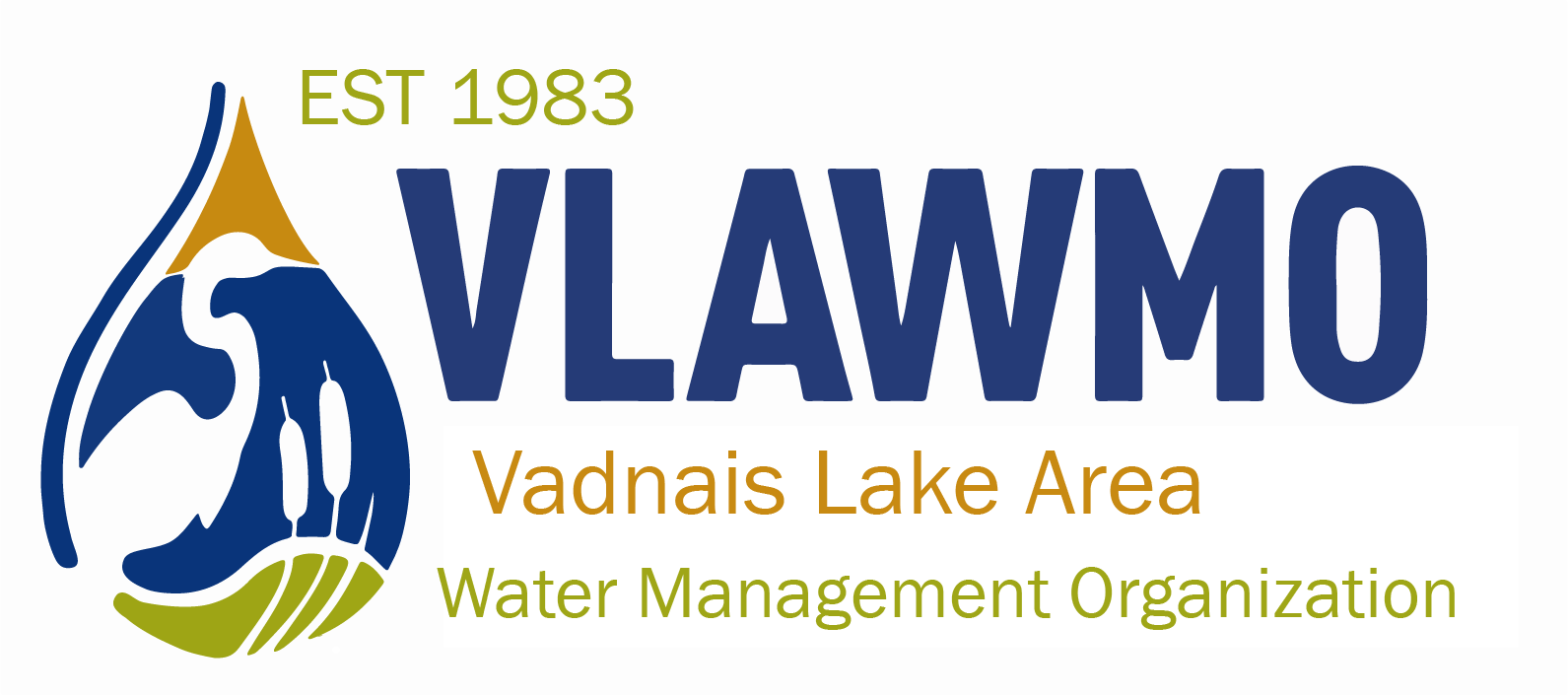Climate Change in Minnesota
A series of especially wet years have raised many questions about high lake levels and local flooding. To be prepared for the challenges ahead, VLAWMO invited Pete Boulay from the Minnesota Climatology Office to interpret the data and trends on Minnesota's changing climate.
What can we do about climate change and high water?
- Help improve storage on the landscape. Do you know of spaces in parking lots or yards that are more or less "dead" filler space? Chances are these spaces contain opportunities for storing water instead of running it off the surface. Raingardens, native plantings, retention basins, and other stormwater best management practices (BMP's) help reduce stormwater runoff volume. These help prepare for large rain events and mitigate downstream flooding. Through partnerships, VLAWMO is able to utilize grant programs and a network of expertise to put projects in the ground - but we can't do it alone! Connect with your local parks commission, city council, local businesses, or VLAWMO to express interest and learn about the resources that are available. VLAWMO hosts annual workshops to help homeowners and businesses participate. Join us in February, 2020 for a session on how our grant programs work.
- Join the discussion. Cities, counties, and watersheds such as VLAWMO work together to solve problems like local flooding and drainage. In many cases, infrastructure such as culverts and outlets require upgrading to accommodate for larger rain events and more water. Such projects require feasibility studies, meetings, and detailed plans, and typically include windows for public comment. Studies and support are also needed in wetland restoration efforts, which seek to maximize wetland function and storage.
- Explore resources that are available. Check out these resources to review data records, learn about the implications of climate change, and create your own custom graphs and charts. Visit the VLAWMO GIS site for an interactive look at water levels, wetland boundaries, and local topography.
DNR Climate Homepage Past Climate Data Retrieval
12/11/2019 Presentation Power Point
Recent Posts
Neighborhood Spotlight: Carol
The story of a shoreline restoration on Birch Lake.
Neighborhood Spotlight: Joe
Hear from a local resident who brought together lo-mow fescue, a raingarden, and a shoreline restoration to rejuvenate his yardwork routine.
VLAWMO Recruiting MN Water Stewards
VLAWMO is recruiting MN Water Stewards for the 2024-25 cohort.
Neighborhood Spotlight: Ingrid
An interview with a homeowner of a newly installed raingarden, bee lawn, and backyard prairie planting.
Spring Yard Care for Water Conservation
May and June are great times to practice water-minded yard care and explore new techniques. Check out this article for where to start and links to more info.

